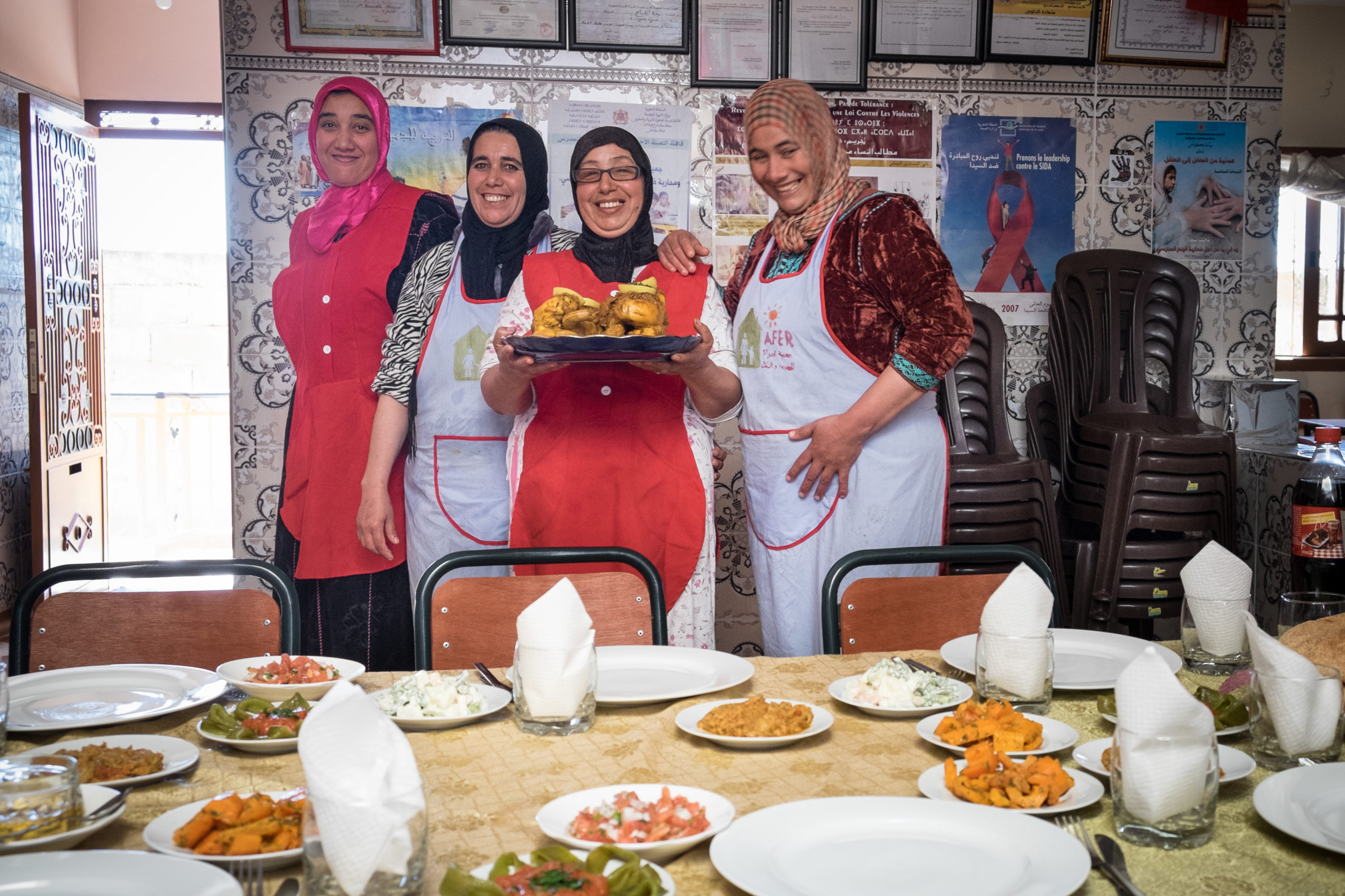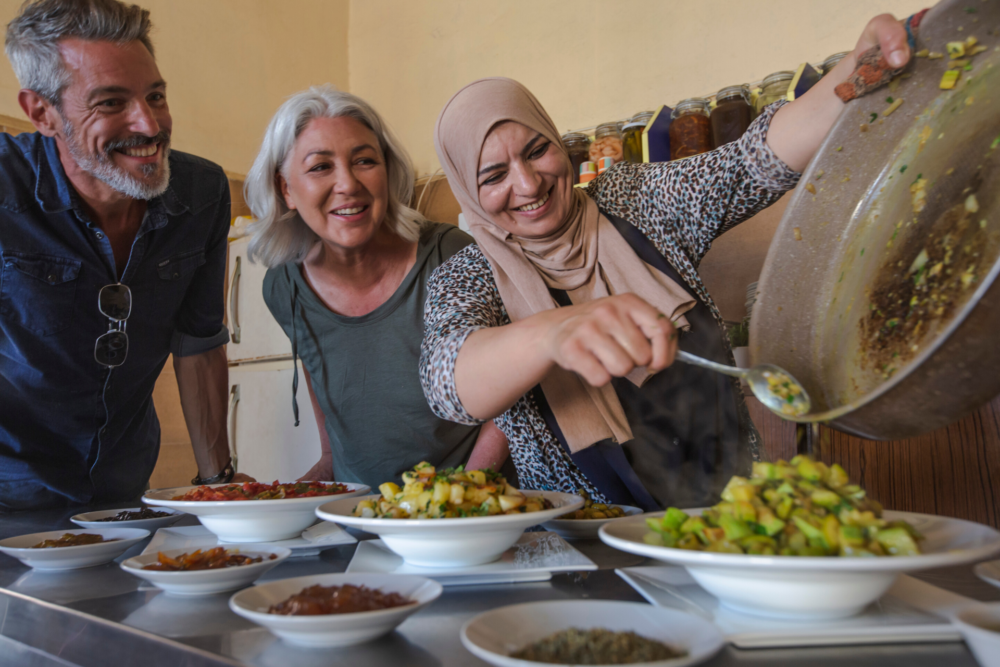Written by Ainsley Lawrence
Culinary tourism offers an authentic glimpse into the culture and customs of communities around the world. You’re almost certain to experience new flavours when dining at a farm-to-table restaurant and should expect to have your expectations tested when breaking bread with folks from a different culinary tradition.

Engaging in authentic culinary tourism is particularly important today, as the globalization of the food industry has made it harder for small restaurants and traditional dishes to survive. There are now over 40,000 McDonald’s and nearly 45,000 Starbucks worldwide, as many folks now automatically opt for the familiarity of burgers and mass-produced coffee when travelling abroad.
Fighting back against globalized dining can support local food cultures and increase economic independence for at-risk communities. This is crucial, as smaller farm-to-table restaurants are innately sustainable and have a dramatically lower carbon footprint than global brands.
Combatting Globalization
Globalization is a multi-faceted issue that divides opinions. On the one hand, globalization can usher in a new era of equity and end global hunger. This sentiment is echoed by the World Economic Forum, which posits that global trade can improve resilience and make trade more secure. The WEF points towards a reduction in poverty rates following periods of globalized growth and maintains that the rate of “undernourished” people fell by nearly 170 million from 2009 to 2017 thanks to global trade networks.
However, globalization shouldn’t be seen as an innately fair or sustainable system. While globalized food markets may protect nations against invasion or famine, an overreliance on globalization may result in the end of authentic world cuisines, as globalization has a homogenizing impact on all aspects of the cultures it affects.
Similarly, globalization isn’t necessarily sustainable. Foods sourced from overseas typically have a higher carbon cost and may dilute the authenticity of the dishes you experience during your travels. Overfarming in search of higher profits may reduce biodiversity and lead to the loss of natural resources. This is a serious issue in areas with low economic agency, where entire communities are at risk of being dominated by a few major corporations. This creates a mechanism of debt and exploitation that is explored succinctly in documentaries like Life and Debt.
Ultimately, self-supporting communities are becoming increasingly important because they are more sustainable and environmentally friendly. They allow individuals to be economically independent, meaning they won’t fall prey to the exploitation that plagues large-scale agriculture.
Supporting Local Cuisines
Supporting local cuisines can bolster the resilience of the community and increase food sovereignty.
As a tourist, you can do your part to combat globalization and support community groups by exploring local food cultures in the area.
As well as being more sustainable, any of these community-led organizations also serve an important social purpose, as farm-to-table restaurants like Beit Khayrat Souf are run entirely by women and aim to combat gender discrimination in the area.


Visiting areas like the Huchuy Qosco community and the Parwa Community Restaurant can support sustainable development and provide young people in the area with a pathway to success.
Community-oriented restaurants like Parwa reinvest their profits, too, meaning local people benefit from every dish served and sale made.
Similarly, Safi Kitchen in Jordan provides an authentic dining experience for travellers while relying on community agriculture to create an experience that is profitable, environmentally sustainable, and helps rebuild economic independence in the area.

Conclusion
Culinary tourism is crucial for the future of sustainable dining and farm-to-table experiences. As a tourist, you can support efforts to preserve traditional dishes and increase food sovereignty by switching Big Macs for local cuisines that use produce from nearby farms and fields. This rebuffs the advance of globalization and ensures that everyone has equitable access to great food and gainful employment.
About the author:
Ainsley Lawrence is a freelance writer who lives in the Northwest region of the United States. She has a particular interest in covering topics related to travel, sustainability, tech, and accessibility. When not writing, her free time is spent reading and researching to learn more about her cultural and environmental surroundings.


Post a comment